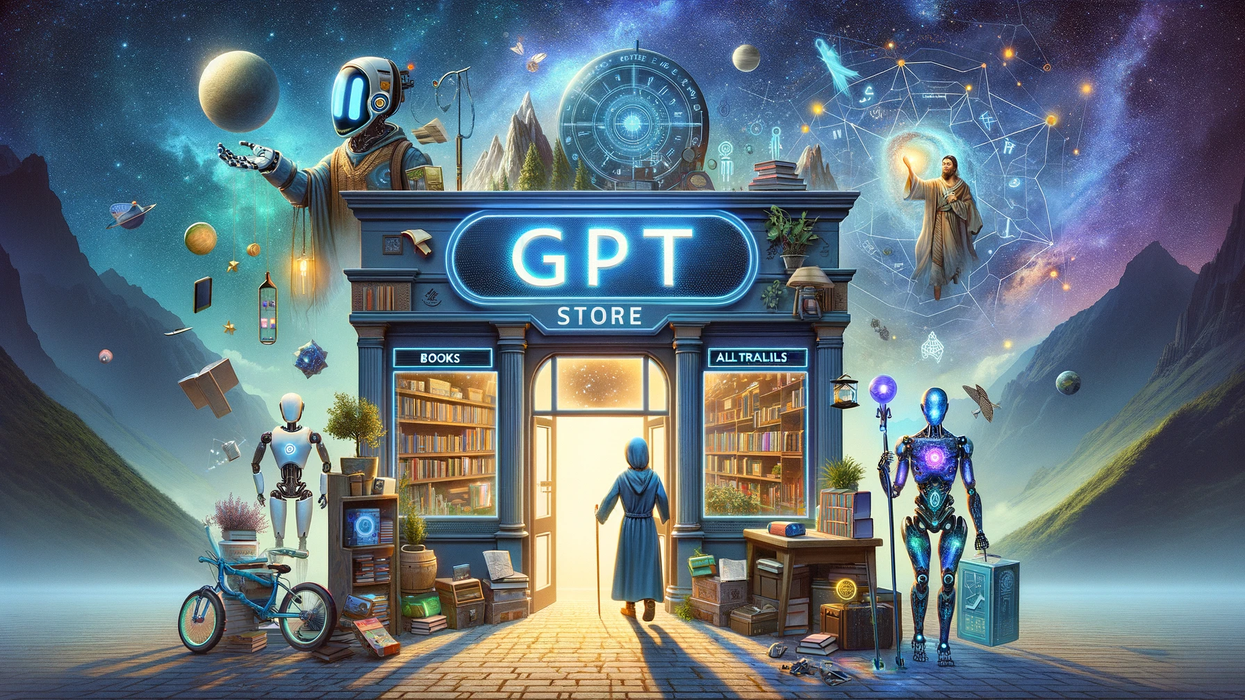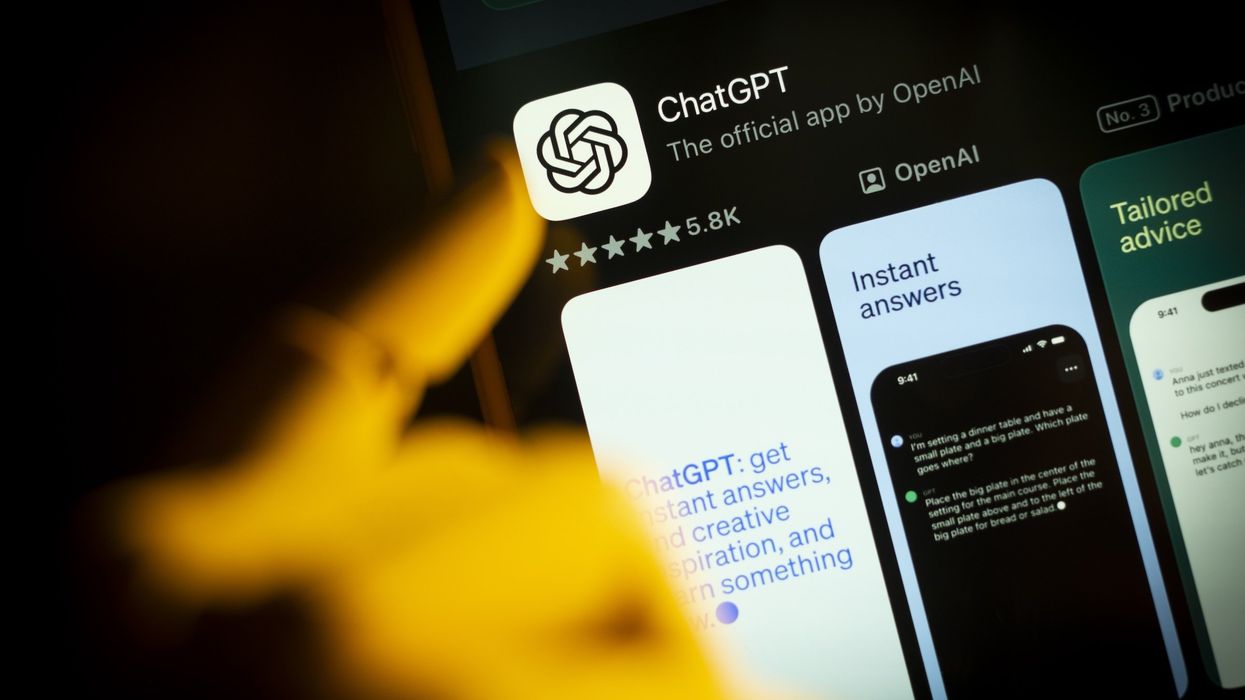GZERO AI
Is the GPT Store the next big internet marketplace?
Last week, OpenAI, the company behind ChatGPT, opened its GPT Store, offering a collection of third-party applications — essentially fine-tuned versions of ChatGPT that specialize in particular areas. GZERO's Scott Nover decided to go shopping.
Jan 15, 2024


